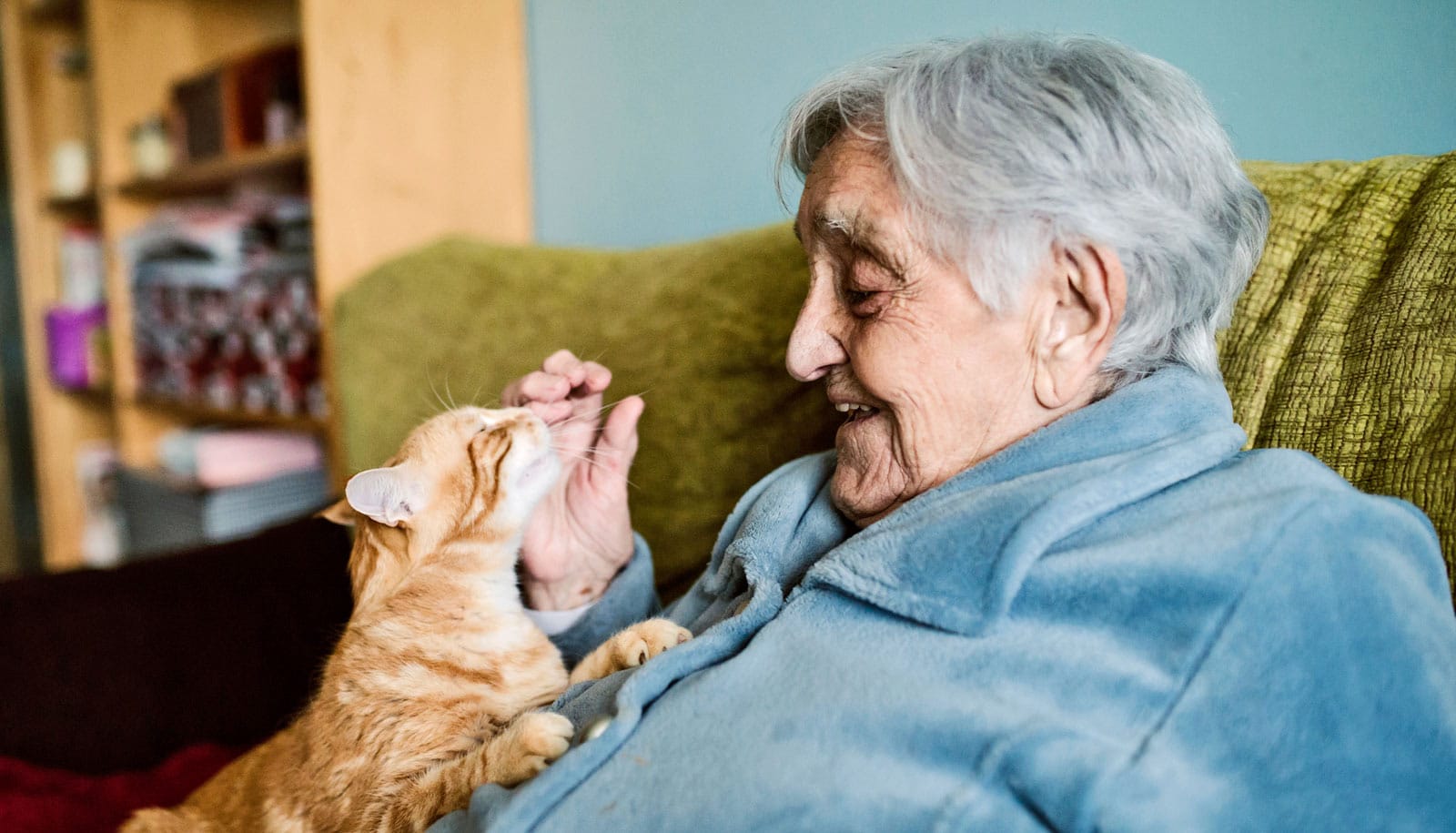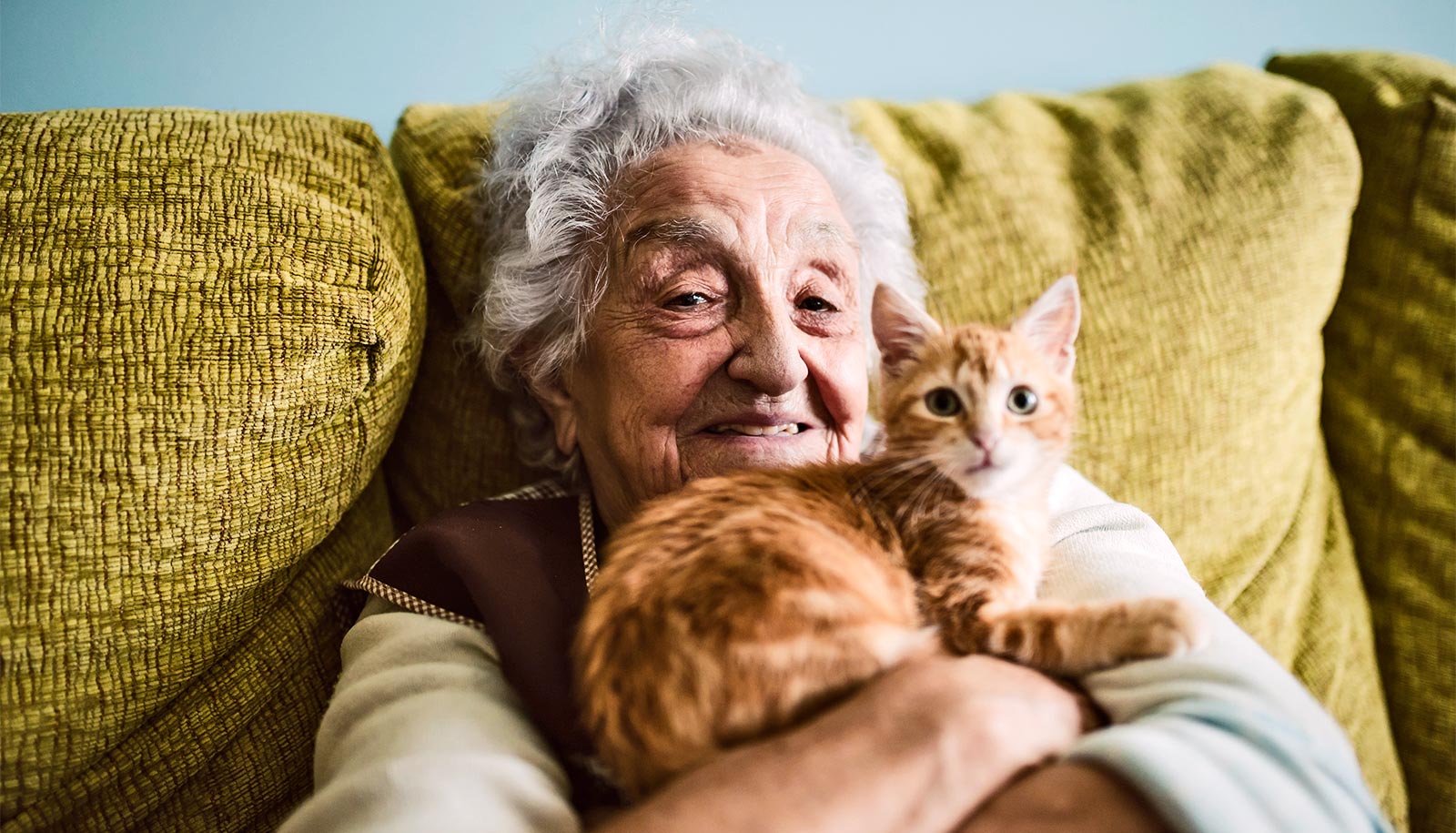In light of the rapidly aging population, health care leaders must address the growing global demand for home care, researchers say.
Experts predict the global population of people 80 and older will more than triple between 2015 and 2050, growing from 126.5 million to 446.6 million. The oldest population in some Asian and Latin American countries will quadruple in the same timeframe.
The new study, which appears in Nurse Education Today, calls for a greater investment in leadership development, health care system redesign, and payment and policy issues.
“Across people’s lifespans, home care exemplifies the intersection between seeking the best outcomes at the lowest cost and what matters to patients and families,” says lead author Olga Jarrín, an assistant professor at the Rutgers Institute for Health, Health Care Policy, and Aging Research and Rutgers School of Nursing.
“A change in health care is occurring as the home is recognized as the preferred, safest, and best place for individualized care of patients and families.”
The report summarizes the perspectives of home care professionals from 17 countries and highlights four priorities for the future of home care:
- Generate and use evidence-based guidelines to ensure home care quality.
- Redesign health systems and electronic records to include home care.
- Develop home care leaders at all levels (patients, providers, policymakers).
- Address payment and policy issues that create barriers to home care access.
The demand for home care will increase over the next 10 years as the average life expectancy increases, experts say.
Source: Rutgers University



